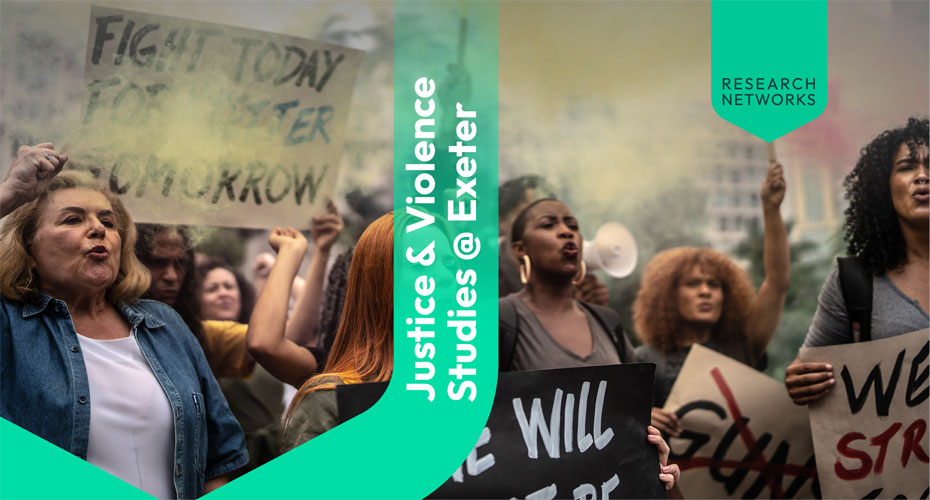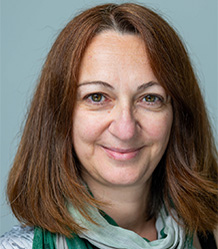- Home
- Research and Innovation
- Our networks
- Justice and Violence Studies @Exeter
Justice and Violence Studies @ Exeter
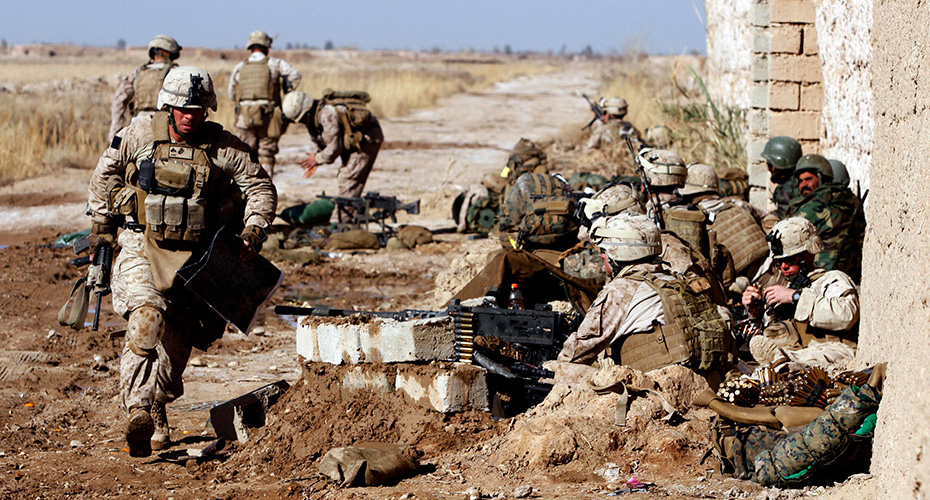
We evaluate policies and practices to better understand how and why people are subject to violence and injustice.
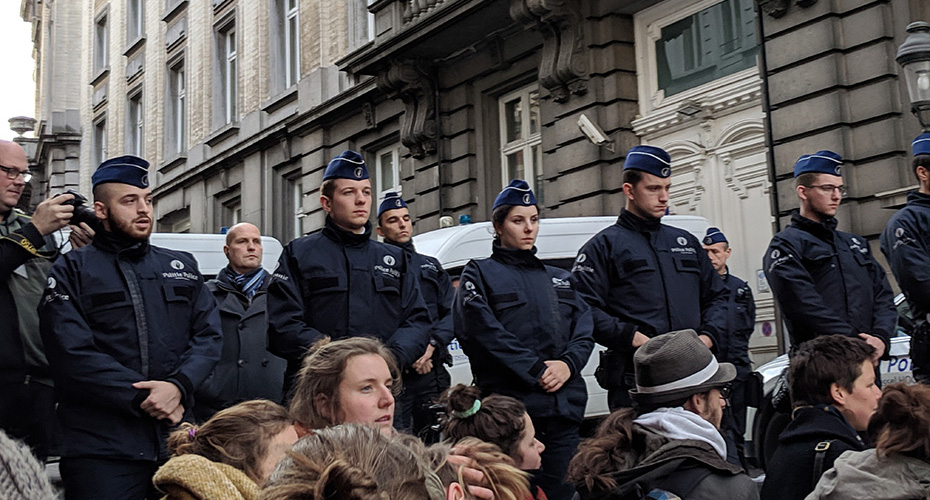
We share ideas, expertise and provide a safe space for discussing challenging research
Read more
Using their expertise in qualitative, quantitative and evaluative methods, and the experience (including lived experience) of others as appropriate, members of the network assess and evaluate policies and practices to better understand how and why people are subject to violence and injustice and the most effective methods for combatting these. We welcome members across all career stages. Areas of expertise include, but are not limited to:
- Discretion
- Transitional justice.
- Violence (criminal or otherwise).
- Access to justice and the legal system.
- Terrorism, dis/mis information, mass violence and killings.
- Technologies, their implications and consequences;
- Imprisonment and detention.
- Critical Military Studies.
- Vulnerabilities of various kinds and their intersectionality, treatment and production (including mental health issues, self harm, membership of minoritized ethnic groups, immigration status, children and adverse childhood experiences, addictions, disability and activities of (b)ordering by police and other State agents).
- Accountability.
- Methodological and ethical issues.
Steering group

Dr Sarah Bulmer
Senior Lecturer in Politics
Research interests: critical military studies, identities and experiences of armed forces personnel, veterans, and their families. Hope network will support development of cross-campus links for staff and PGRs.
.jpg)
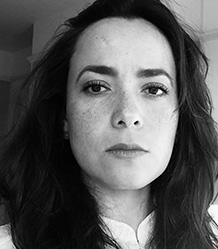

Dr Abi Dymond
Senior Lecturer in Criminology
I’m really excited to be part of the network as I’m keen to work with and learn from colleagues and external partners who, like me, are working on really pressing topics around violence, police use of force, human rights and vulnerability and other social justice issues – as well as to have a supportive space for those of us working on these challenging issues.

Professor Caroline Fournet
Professor of Law
My key interest is in international criminal law and procedure and explores the investigation and prosecution of atrocity crimes, at the international and domestic levels. My research focuses on the dual role of forensic science both as evidence in the prosecution of mass violence crimes and as a tool to identify victims and build post-atrocity memory. This network is a key forum to facilitate collegial dialogue and encourage interdisciplinary thinking and collaborations.



Kledja Mulaj
Senior Lecturer in International Relations
I study political violence with particular reference to violence of war; crimes against humanity - genocide, ethnic cleansing, and war crimes; nationalism; state formation; and humanitarian intervention. I have taught at British universities since 2001 and am a Senior Fellow of the Higher Education Academy. The Justice and Violence Network is important because it contributes to a deeper understanding of the impact of violence on politics and society, as well as chart ways for a more socially just future.

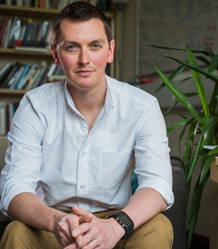
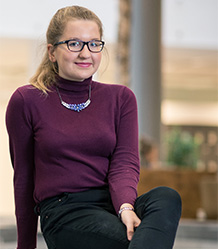
Alice van den Bosch
PhD Student in Classics and Ancient History
I am interested in female martyrs in Late Antiquity and how this has contributed to our knowledge of violence and fundamentalism, as well as contemporary interreligious dialogues. This network is important for being able to facilitate interdisciplinary conversations and ideas and I hope the network will be able to bring together and bridge different subjects and organisations.

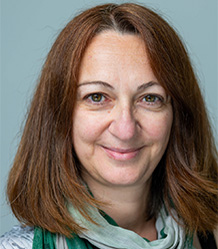
Dr Penny Xanthopoulou
Research Fellow in Mental Health
I am a researcher in mental health, exploring lived experiences and real-life interactions, using a a variety of qualitative methods. My research focuses on the lived experiences of people with dementia, psychosis and suicidality. Currently, my research focuses on the Police response to mental health crises.
Contact us
Justice & Violence Research Network
Information for:
Quick links
Campuses
